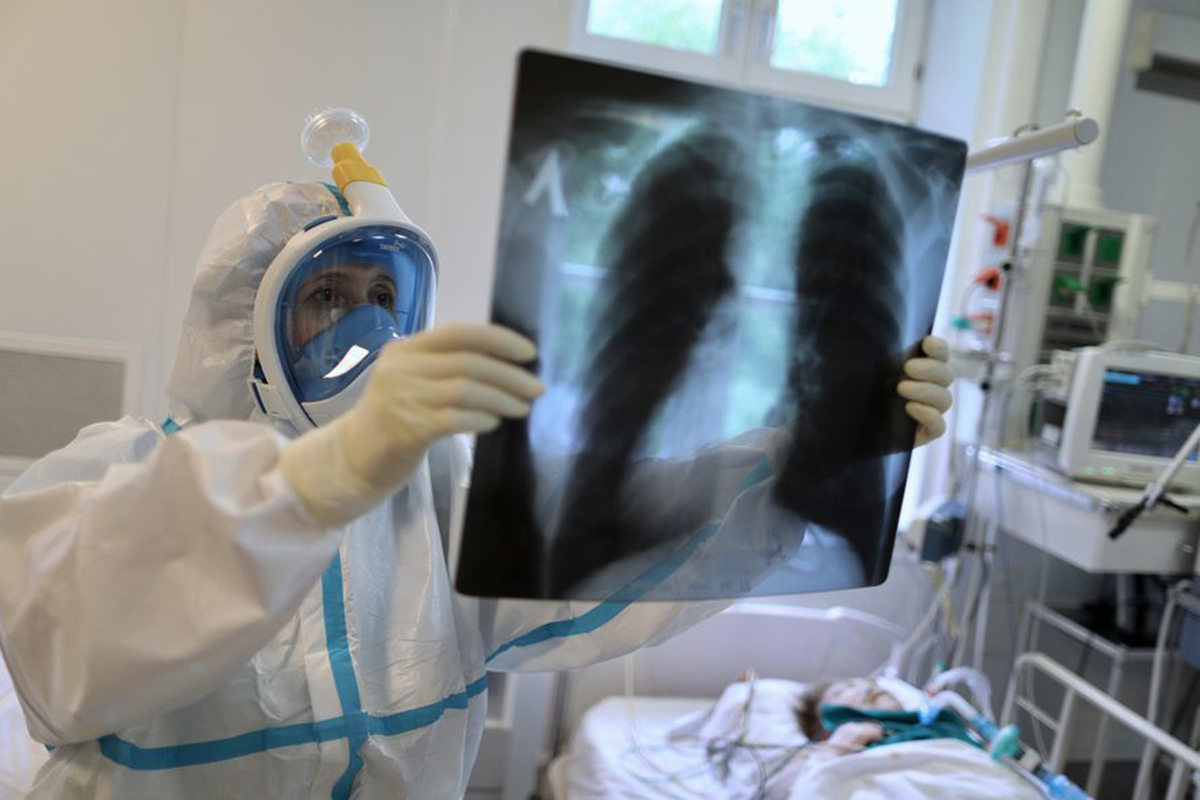Scientists have explained the connection between long-term coronavirus and severe hangover: it penetrates directly into the brain
[ad_1]

People who say they are suffering from “long COVID” may be more likely to suffer from a severe hangover, a study suggests. Scientists have explained why this happens.
Researchers at Stanford University surveyed people experiencing lingering symptoms months after recovering from COVID and found that they all reported worse hangovers.
Among the participants was a 49-year-old woman who admitted she had suffered from long COVID for 11 months and said wine now left her feeling like she “couldn’t move”.
A 40-year-old woman who had symptoms of long COVID for three months noted that she used to drink seven cocktails a night, but now cannot drink even one.
Based on the results, the scientists concluded: “New reactions and sensitivities to alcohol may occur after infection in patients with long COVID.”
They warned that the virus and inflammation in the body can weaken the blood-brain barrier, which could lead to a more severe hangover as more substances can enter the brain.
The Centers for Disease Control and Prevention (CDC) estimates that more than 3.3 million Americans have long COVID, which is difficult to diagnose.
Patients experience a wide range of complications, including constant fatigue, brain fog, and an inability to carry out normal daily activities.
In the Stanford study, a 49-year-old woman told doctors that she used to drink a glass of wine regularly without experiencing any side effects. Now, she says, she experiences a “bad hangover” and also feels “depressed,” tired and overwhelmed.
The patient suffered from persistent long-term COVID symptoms for 11 months, including fatigue, shortness of breath, and decreased appetite. She also had type 1 diabetes and breast cancer.
In another case, a 40-year-old cocktail lover said drinking just one cocktail caused “alcohol poisoning” which led to a severe three-day headache and feeling “horrible”.
The patient also had Ehlers-Danlos syndrome (a genetic disorder that makes tissue more fragile), asthma and high blood pressure. Her long-term COVID symptoms included persistent cognitive problems and shortness of breath.
The subjects also included a 60-year-old man who said he previously drank alcohol twice a month without problems. However, he was now unable to drink a single glass of beer, and the study noted: “The patient experienced chronic daily headaches characterized by a pressing sensation in the vertex and back of the head.”
His long-term symptoms of coronavirus infection included headaches, cognitive impairment and sleep disturbances for five months.
The fourth person included in the study was a 36-year-old woman with sleep apnea who came into the clinic and said she had been suffering from long COVID for a year.
The woman shared with the doctors that she previously drank freely in society. After the illness, now even one drink of alcohol leads to “redness” of her skin.
While scientists believe prolonged COVID may be associated with increased severity of hangovers, they say more research is needed due to the small sample size.
[ad_2]
Source link








